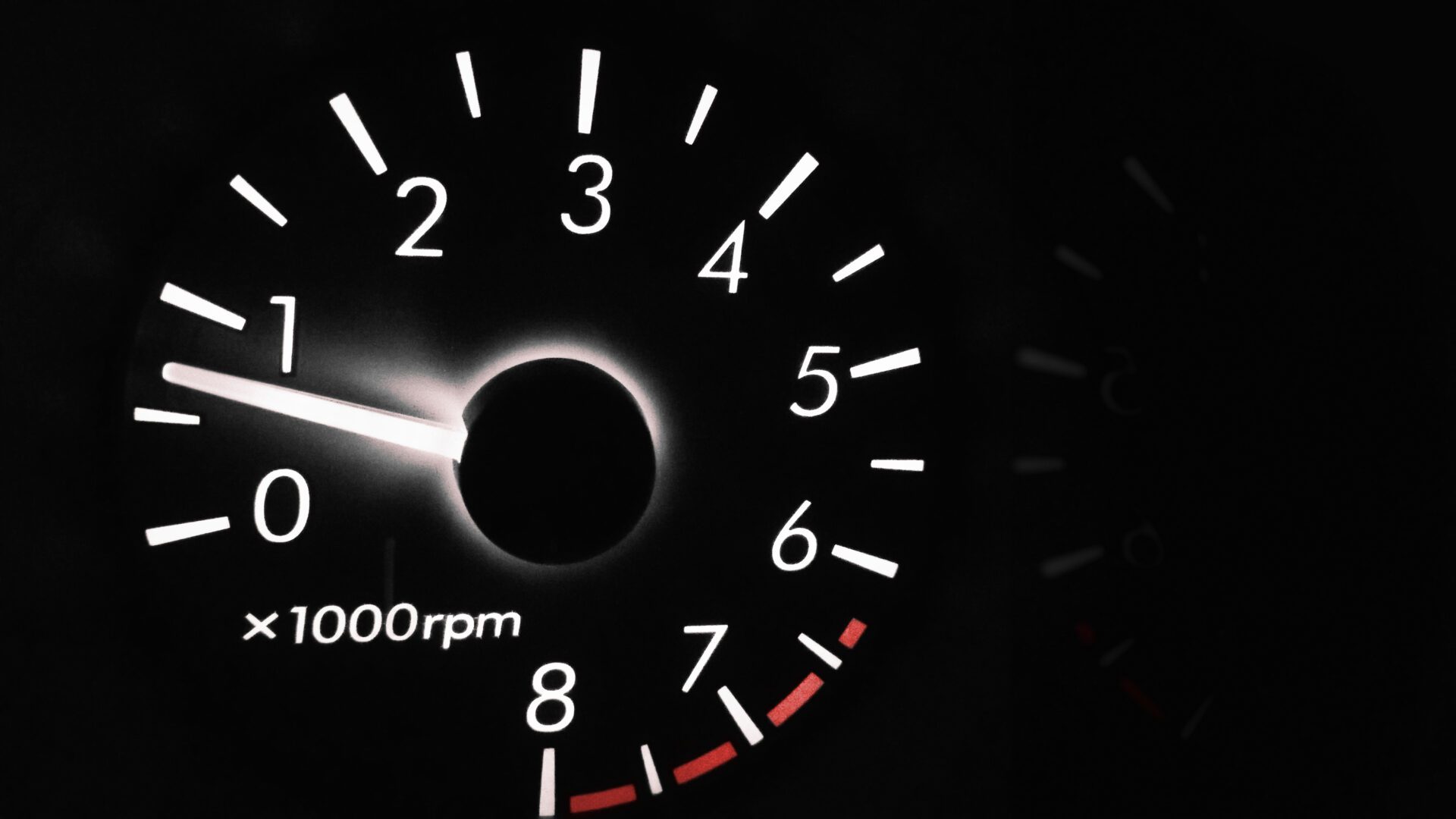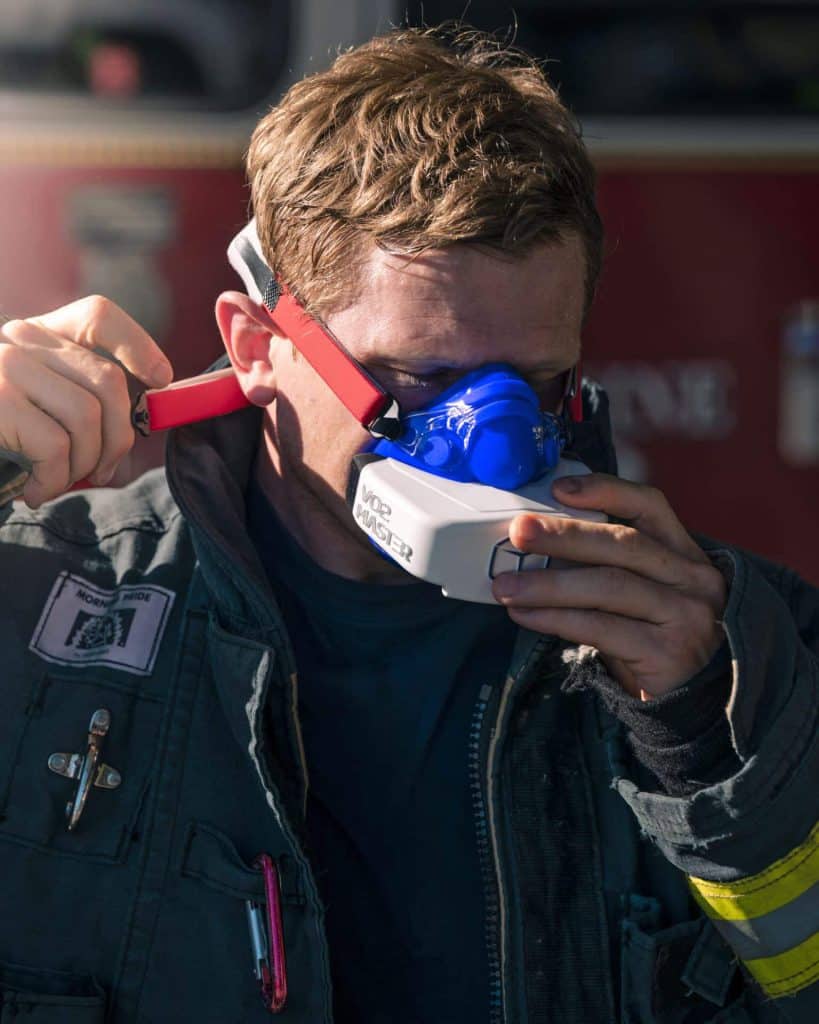Maximal Oxygen Consumption for Health and Performance
Maximal oxygen consumption (VO₂max) and its relationship to whole-body health and performance. The Basics Maximal oxygen consumption (VO₂max) is the maximal rate of oxygen a person can uptake and use during intense physical activity. Typically, VO₂max is reported in 1 of 2 ways: 1) as an absolute measure where values are reported in liters ofContinue reading "Maximal Oxygen Consumption for Health and Performance"

Maximal oxygen consumption (VO₂max) and its relationship to whole-body health and performance.
The Basics
Maximal oxygen consumption (VO₂max) is the maximal rate of oxygen a person can uptake and use during intense physical activity. Typically, VO₂max is reported in 1 of 2 ways: 1) as an absolute measure where values are reported in liters of oxygen consumed per minute (L/min) or 2) as a relative value where the person’s weight is taken into account and reported as milliliters of oxygen consumed per kilogram of body weight per minute (mL/kg/min). Absolute values are beneficial because they give an idea of the total quantity of oxygen being used during physical activity, but relative values are more practical when trying to compare populations. Relative values give researchers, doctors, and/or coaches, an idea of how aerobically fit someone is compared to their peers. Relative VO₂max values range from <27 mL/kg/min in unfit/sick individuals to ~97 mL/kg/min in the highest ever recorded VO₂max for a cyclist.
VO₂max and Health
A simple analogy should illustrate my point. If we think of the human body as a car, VO₂max represents the size of the car’s engine. The larger the engine, the higher the maximal horsepower and higher the potential for performance is. During everyday activities, a larger engine will hardly ever be maxed out but if that engine gets too small, like in the case of cardiovascular, metabolic, or muscular degenerative diseases, completing simple tasks like walking from the couch to the kitchen will cause the engine to redline which is only sustainable for a short amount of time. More specifically, VO₂max has been shown to be the single best predictor of all-cause mortality (risk of dying). People whose VO₂max falls below 27 ml/kg/min have a 40% higher probability of mortality than those with values greater than 27 ml/kg/min (Blair et al. 2009). With an additional 70% reduction in all-cause mortality for improving VO₂max up to 38.5 ml/kg/min. Therefore, simply for longevity people should aim for VO₂max values of > 27 ml/kg/min (the equivalent of biking 12mph) but ideally every person should aim to get their values above 38.5 ml/kg/min (~cycling at 18.5mph).
VO₂max and Performance
While there seems to be an existence of a lower boundary for VO₂max in relation to health, the upper bounds of VO₂max have been shown to be a phenomenal predictor of endurance performance in groups of athlete’s with varying fitness levels. VO₂max sets the upper limit to maximal oxygen transport during exercise. As discussed earlier, a larger VO₂max means a larger aerobic engine which means that it will only reach max capacity during higher intensities of exercise.
Trainability of VO₂max
As VO₂max is implicated in both health and performance understanding where this value lies for athlete’s and everyday people alike can give valuable insights to their physiology. Furthermore, VO₂max is highly trainable. With proper prescription of exercise intensity and duration absolute O2max can be increased by ~1.0 L/min. For example, in someone who weighs 75kg, and has a relative VO₂max of 25 ml/kg/min, an increase in absolute VO₂max from 1.9 to 2.9 L/min would result in a new relative VO₂max of 38.5 ml/kg/min, effectively decreasing this person’s risk of death by 70%.
Summary
VO₂max is a measure of the rate of maximal oxygen consumption that can be reached during high intensity physical activity. This value is implicated in health, and performance, with lower bounds of maximal oxygen consumption tied to higher risk of mortality and the upper bounds tied to elite level performance. It’s also highly trainable given the correct application of exercise volume and intensity. In the upcoming posts a discussion of portable evaluation of maximal oxygen consumption, proper prescription of training to induce maximal adaptation, and how VO₂max relates to other well-established performance variables will occur.
Interested in learning more about how the VO2 Master Analyzer can help you achieve your optimal performance? Contact us today!
Phone: +1 (833) 862-6787 | Email: info@vo2master.com
